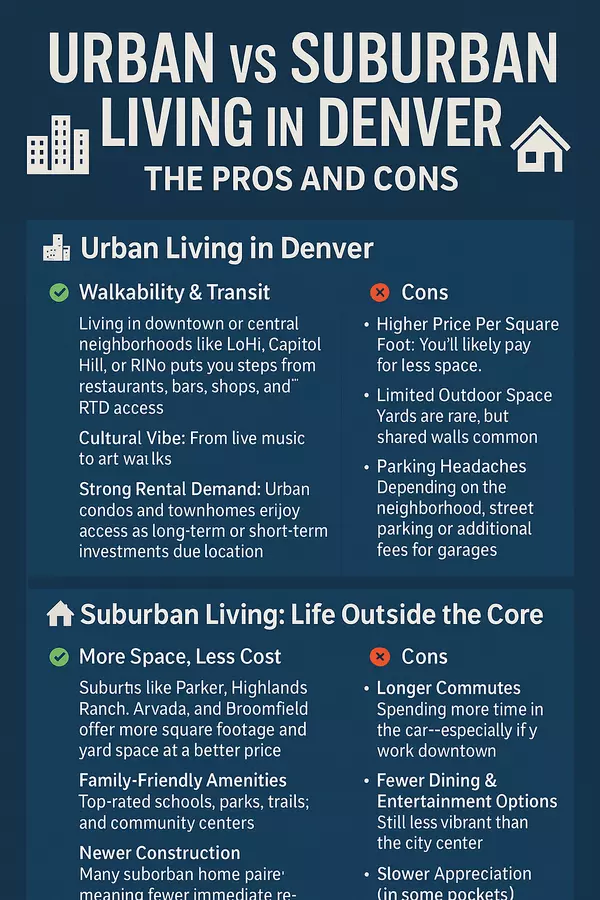Understanding Denver's Property Taxes: A Comprehensive Guide

When navigating the real estate market in Denver, understanding property taxes is as essential as finding the perfect location for your new home. For many homeowners and investors, taxes can often seem like a labyrinth of percentages and exemptions. This guide aims to shed light on the key aspects of Denver's property tax system, making it simpler for you to plan and budget.
The Basics of Property Tax
Property tax in Denver is an annual financial charge on your property, which is used to fund various public services like schools, parks, roads, and emergency services. The amount you pay is determined by the tax rate and the assessed value of your property.
How Property Tax is Calculated
In Denver, property tax is calculated using a formula that involves the property's actual value, the assessment rate, and the mill levy. Here's a breakdown of the process:
1. Actual Value:
The county assessor determines the actual value of your property based on recent sales of comparable properties.
2. Assessment Rate:
For residential properties, the current assessment rate is 7.15%. This means if your home is valued at $500,000, the assessed value is $35,750.
3. Mill Levy:
The mill levy is the tax rate applied to your property's assessed value. One mill is one-tenth of a cent or $1 for every $1,000 of assessed value. Different districts have varying mill levies based on the revenue needed to fund services. Understanding Your Tax Bill
Your annual property tax bill will list the mill levies for each taxing entity your property is supporting. The cumulative effect of these various mill levies determines your final tax bill.
Residential Exemptions and Credits
Denver offers several exemptions to help homeowners with their property taxes:
The Homestead Exemption: Available to homeowners over 65, or those who are disabled, it exempts a portion of the value of their primary residence from property taxes.
Senior Property Tax Deferral Program: Allows eligible senior citizens to defer the payment of their property taxes.
Disabled Veteran Property Tax Exemption: Provides tax relief for veterans with a service-connected disability.
Staying Informed and Proactive
Property taxes can change due to variations in the mill levy or in the assessed value of your property. It's vital to stay informed about these changes. You can do this by:
- Keeping an eye on mail from the county assessor's office.
- Attending local government meetings where budgets and mill levies are discussed.
- Consulting with a tax advisor or a real estate professional.
Conclusion
Understanding your property taxes is not only about meeting your fiscal responsibilities but also about making informed decisions when buying, selling, or investing in real estate. By staying educated on Denver's property tax system, you're investing in your peace of mind and financial well-being.
Categories
Recent Posts











